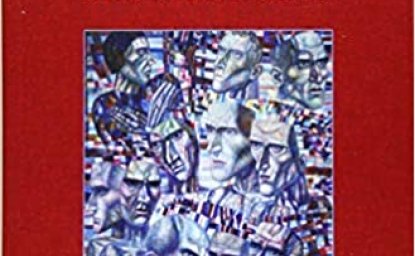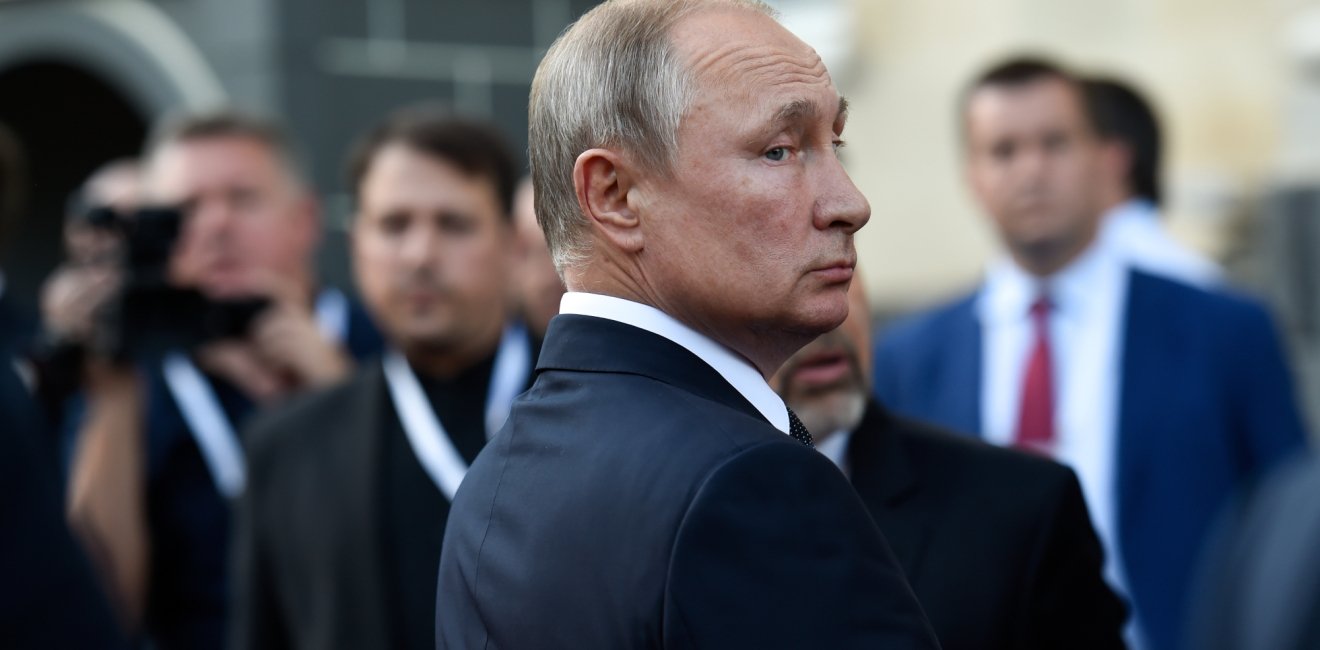Gulnaz Sharafutdinova, a former Kennan Institute Title VIII Summer Research Fellow, recently won the Association for Slavic, East European, & Eurasian Studies (ASEES) 2021 Davis Center Book Prize for her book The Red Mirror: Putin’s Leadership and Russia’s Insecure Identity. The award recognizes an outstanding monograph published on Russia, Eurasia, or Eastern Europe in anthropology, political science, sociology, or geography annually since 2008.
In her book, Sharafutdinova uses social identity theory to explain Putin’s leadership. She argues that Putin has been successful in promoting his image as the expression of the shared national identity of Russian citizens. The shared collective perspective he articulates serves to unite many Russian citizens. During his rule, Putin has tapped into powerful group emotions of shame and humiliation, derived from the experience of transition in the 1990s, and transformed these emotions into pride and patriotism.
Culminating with the annexation of Crimea in 2014, Putin was able to use this strategy of national identity politics by activating two pillars of Soviet collective identity. These are a sense of exceptionalism of the Soviets to consolidate their own nation, and a sense of foreign threat to the state.
Sharafutdinova was the Kennan Institute Title VIII Summer Research Fellow at the Wilson Center in 2016. Sharafutdinova is a Professor at the Russia Institute at King’s College London. She has also written two books in the past, Political Consequence of Crony Capitalism Inside Russia and Soviet Society in the Era of Late Socialism, 1965-1984 co-edited with Neringa Klymbyte. Sharafutdinova is currently working on her upcoming book, The Afterlife of the Soviet Man: Rethinking Homo Sovieticus.
Author

Reader, King’s College Institute

Kennan Institute
After more than 50 years as a vital part of the Wilson Center legacy, the Kennan Institute has become an independent think tank. You can find the current website for the Kennan Institute at kennaninstitute.org. Please look for future announcements about partnership activities between the Wilson Center and the Kennan Institute at Wilson Center Press Room. The Kennan Institute is the premier US center for advanced research on Eurasia and the oldest and largest regional program at the Woodrow Wilson International Center for Scholars. The Kennan Institute is committed to improving American understanding of Russia, Ukraine, Central Asia, the South Caucasus, and the surrounding region through research and exchange. Read more

Explore More
Browse Insights & Analysis
The Red Mirror: Putin's Leadership and Russia's Insecure Identity

US Inaction Is Ceding the Global Nuclear Market to China and Russia


